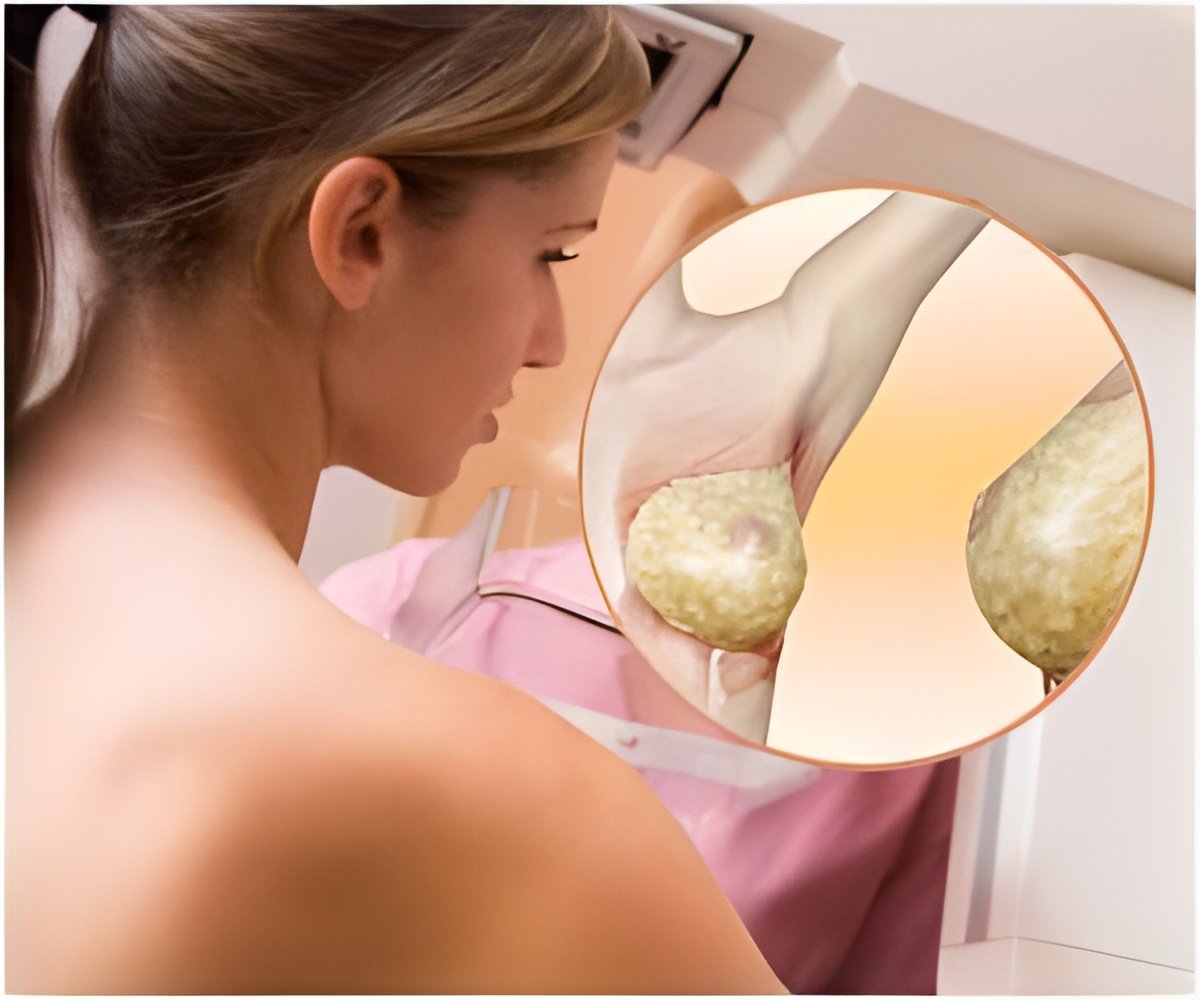An international study establishes the positive role of exemestane in reducing breast cancer risk in postmenopausal women.

The NCIC Clinical Trials Group Mammary Prevention.3 trial (NCIC CTG MAP.3) is a randomized, double-blind, placebo-controlled study carried out between February 11, 2004, and March 23, 2010, on 4560 women from Canada, the USA, France and Spain.
The trial tried to evaluate the positive role of the drug exemestane in reducing breast cancer risk in postmenopausal women.
Research Subjects
Eligible candidates had the following characteristics -
• Postmenopausal women 60 years of age or older
• Gail 5-year risk score greater than 1.66% (chances, in 100, of invasive breast cancer developing within 5 years)
• Ductal carcinoma in situ, with mastectomy.
Women were considered ineligible for the study if they -
• Were premenopausal
• Had prior invasive breast cancer
• Prior ductal carcinoma in situ treated with lumpectomy
• Were known carriers of the BRCA1 or BRCA2 gene
• Had a history of other malignancies
• Had uncontrolled hypothyroidism or hyperthyroidism
• Had chronic liver disease.
Method
The subjects were randomly assigned to any one of the following three treatment groups using a dynamic minimization algorithm.
They include -
• 25 mg of exemestane plus placebo,
• 25 mg of exemestane plus celecoxib,
• Placebo plus placebo pills
These were administered every day after a morning meal.
The exemestane and placebo groups were well balanced in all aspects such as race, body-mass index, and breast cancer risk factors.
The trial was event-determined. Duration of therapy lasted for a maximum of 5 years or until the initiation of a breast event, cancer, or a heart-related event or in the case of development of unacceptable toxicity.
Results
Exemestane was found to significantly reduce invasive breast cancers in postmenopausal women (with moderate increased risk) for breast cancer. It reduced the relative incidence of invasive breast cancers by 65%, from 0.55% to 0.19%.
During follow up, exemestane was not associated with any serious toxic effects and brought about only minimal changes in health-related quality of life in those women with an increased risk of breast cancer.
Reference:
"Exemestane for Breast-Cancer Prevention in Postmenopausal Women";Paul E. Goss, M.D., Ph.D., James N. Ingle, M.D., José E. Alés-Martínez, M.D., Ph.D etal ;N Engl J Med 2011; 364:2381-2391 June 23, 2011
Source-Medindia















